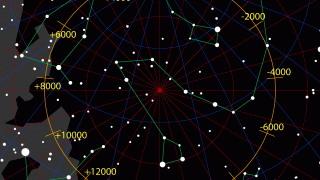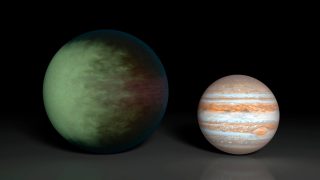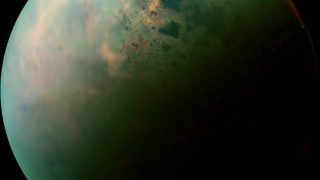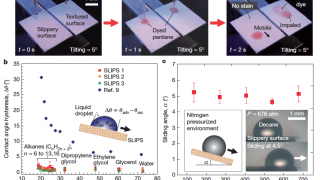
On humans, birds and dung beetles: using stars for orientation
When the nymph Calypso was finally convinced by Hermes to let Odysseus go back to Penelope and his island, she gave the Greek hero very precise instructions. After leaving Calypso’s island, Ogygia, Odysseus should “keep [the Great Bear that men call the Wain] to larboard as he crossed the waters”. In the northern hemisphere, all […]








